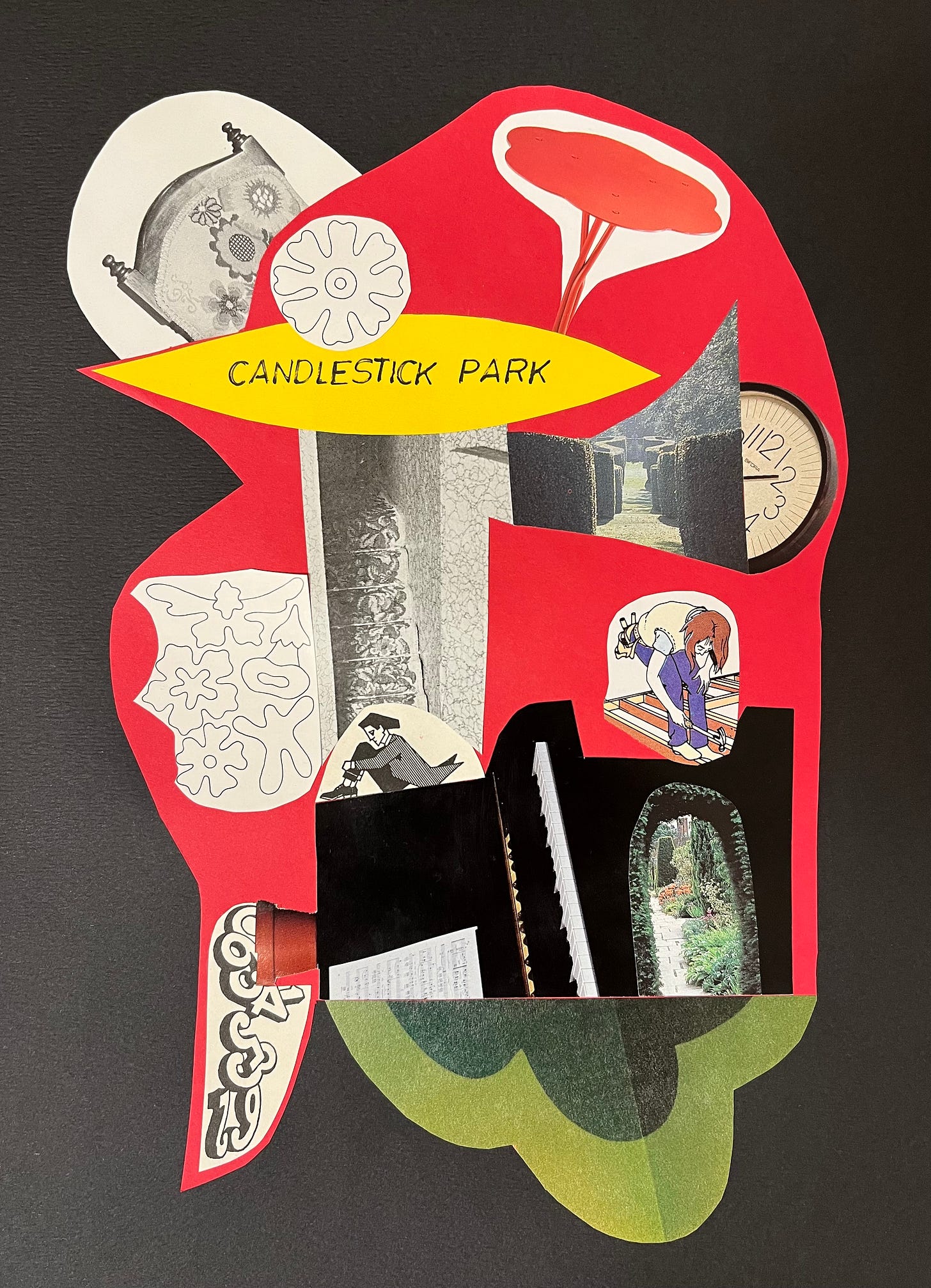CW53
“Candlestick Park” Bye-bye to your troubles Down in Candlestick Park Way too many bubbles Down in Candlestick Park Bye-bye to your troubles Down in Candlestick Park Way too many bubbles Down in Candlestick Park, you Comfort my mind, you All clocks unwind Come across the entry When I walk in the dark In the nineteenth century When they made you the Ark, this Two-by-two laugh with My better half Bye-bye to your troubles Down in Candlestick Park Way too many bubbles Down in Candlestick Park Bye-bye to your troubles Down in Candlestick Park Way too many bubbles Down in Candlestick Park Bye-bye to your troubles Down in Candlestick Park Way too many bubbles Down in Candlestick Park Bye-bye to your troubles Down in Candlestick Park Way too many bubbles Down in Candlestick Park Bye-bye to your troubles Down in Candlestick Park Way too many bubbles Down in Candlestick Park Bye-bye to your troubles Down in Candlestick Park Way too many bubbles Down in Candlestick Park Bye-bye to your troubles Down in Candlestick Park Way too many bubbles Down in Candlestick Park
I won’t lie. Candlestick Park has never been an evocative name for me. I’ve always unconsciously kept it on the proper side of the fence: the exhausted side, outgrown and no longer tenable.
The Beatles’ final concert (not counting the rooftop in January 1969) was 8/29/66, at Candlestick Park, a baseball stadium in San Francisco. Touring in 1966, they were terrorized in Manila and in the American South. They couldn’t hear themselves and they didn’t bother to attempt their new Revolver material. Etc. After the concert, whether it was in a windowless, armored truck or in the airplane, George Harrison famously said, “I’m not a Beatle anymore.”
And the Beatles’ insane second act (possibly the best thing, in my estimation, that’s ever happened) was far from a sure thing. When they finally took an actual break that fall and went their separate ways, it wasn’t just the world that was wondering if maybe the Beatles were over.
But by late November they were back in the studio, beginning work on “Strawberry Fields Forever.”
The conceit of “Candlestick Park,” from my album Sequent Toil (2021), is very simple. I simply moved the name from the death side to the rebirth side, and there it was: the name was—it had been hidden in plain sight from me all those years—very psychedelic.
I dropped their history and let myself drift. “Candlestick Park” is a lightweight rewrite of “Strawberry Fields Forever,” something like a lesser song from Magical Mystery Tour. Like John’s transfiguration of the name of the Salvation Army children’s home (that he used to play in the Victorian grounds of) into a talisman of the new consciousness, “Candlestick Park” imagines a like subjective revitalization of a (fictional) Victorian park by a singing flâneur who has stumbled across it. An aura, much like the halo of candle illumination, is given to the name by a groovy guy on a groovy night.
“Down in Candlestick Park”:
Let me take you down.
“Way too many bubbles”:
This is a loose reference to an episode of Mister Rogers’ Neighborhood my brother and I talk about sometimes. I just looked it up. It’s called “Mister Roger Makes an Opera (Windstorm in Bubbleland),” and it first aired on 5/23/80. It’s a weird episode that all takes place in the Neighborhood of Make-Believe. This is from the episode description on the Mister Rogers website: “There is never any trouble in Bubbleland until a windstorm threatens to destroy all the bubbles.”
“All clocks unwind”:
A tip of the hat to the nonlinear thinking allowing this bit from the end of the early Beatles to be appropriated by the late side. Which, the latter, slows down the tempo until there’s no time at all.
“Come across the entry / When I walk in the dark”:
The most important thing about the second half of the Beatles: they gave themselves, relatively, downtime again. Leisure time. Time to “Come across the entry,” to bump into things, wander in. No wonder, as night fell across the mystical B-side of their career, they were revisiting childhood memories. Now that they weren’t “playing,” no longer had to suffer the madness of touring, they had time to play again.
“In the nineteenth century / When they made you the / Ark, this / Two-by-two laugh with / My better half”:
The park, psychedelically encompassing everything, is a kind of Noah’s Ark. But things are pleasantly confused. “Two-by-two” is a “laugh.” The song problematizes the early/late binary of the Beatles, so now both halves stroll the “better half.” Make it better. (I’m typing this in Mocha Joe’s and somebody just said, “The front walruses go in front and the back walruses follow.”) These ways of dividing up the whole aren’t always nonsense, but they are always reductive, limited, begging to be questioned. The armored truck was windowless, but windows now abound, now that we’ve got time to see them through.
Or something. 💕 The point is: precision, in this place, no longer matters. If it ever even did.

